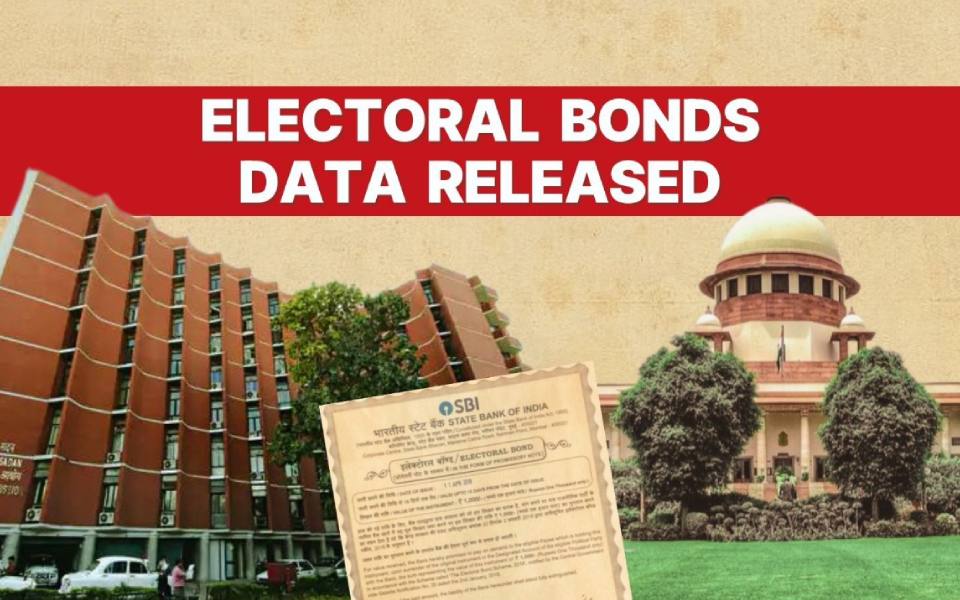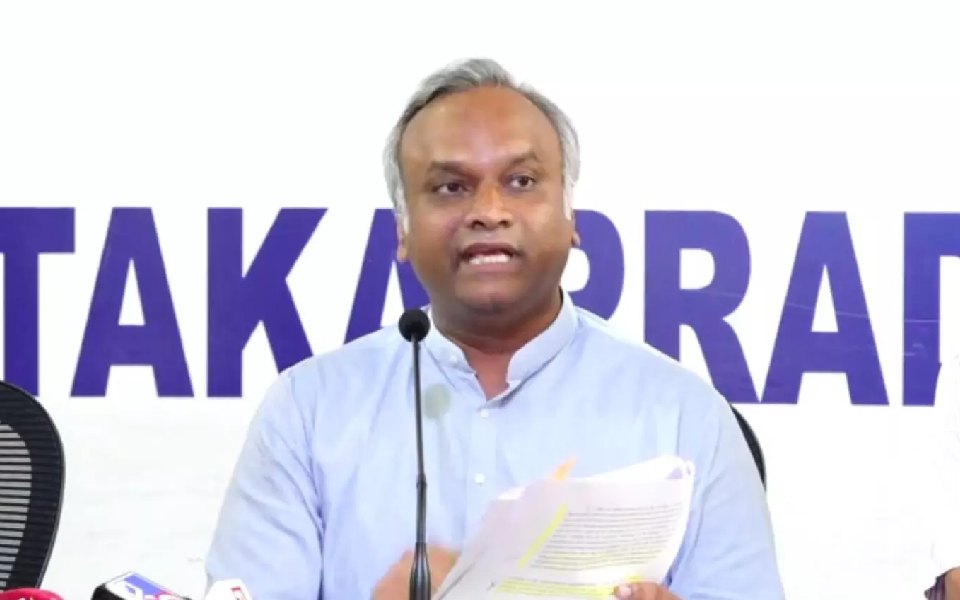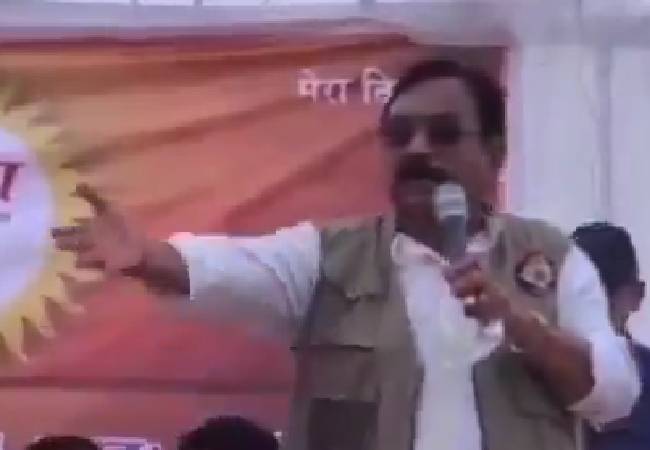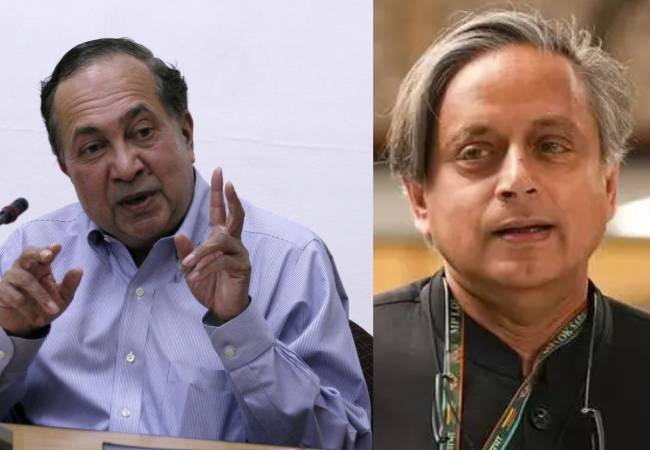The Election Commission of India (ECI) has met the Supreme Court's deadline by publishing data on electoral bonds, shedding light on the controversial practice of political funding in the country. However, the revelations have sparked concerns over transparency and potential influence peddling.
Among the significant findings, India's leading lottery company, helmed by the contentious businessman Martin Santiago, emerged as the top purchaser of electoral bonds. This revelation has drawn sharp scrutiny, particularly given Santiago's past associations and ongoing controversies surrounding his company's financial activities.
Following closely behind is the Megha group of companies, comprising Megha Engineering & Infrastructures Limited (MEIL) and Western U.P. Power Transmission Company Ltd (WUPPTCL), which has raised eyebrows with its substantial contributions to electoral bonds. MEIL's purchased 966 bonds, each worth Rs 1 crore, totaling Rs 966 crore, along with WUPPTCL's acquisition of bonds worth Rs 220 crore.
The Megha group is headquartered in Hyderabad and has won several government projects, including many works part of the Rs 1.15 lakh crore Kaleshwaram Lift Irrigation Project in Telangana, and the Rs 14,400 crore Thane-Borivali Twin Tunnel Project in Maharashtra.
MEIL was also the largest donor to Prudent Electoral Trust in 2022-23, contributing Rs 83 crore to the trust that distributes money to political parties.
Let the Truth be known. If you read VB and like VB, please be a VB Supporter and Help us deliver the Truth to one and all.
Bengaluru/Kalaburagi, May 13 (PTI): Terming Prime Minister Narendra Modi’s address to the nation as ‘yet another monologue’, Karnataka Minister Priyank Kharge on Tuesday sought to know why the US President Donald Trump announced the "ceasefire" and not the Indian Prime Minister.
Kharge, the son of Congress president Mallikarjun Kharge, wondered whether India has outsourced its foreign policy to the United States.
"Prime Minister has given yet another monologue," the Minister told PTI in Kalaburagi.
He was referring to Modi’s address to the nation on Monday night.
Kharge said the Congress and all the opposition parties have clearly stated that they were with the government for any decisive decision that they are taking in the interest of the country.
“We are asking the PM for an all-party meeting, brief us on what has happened, what the ceasefire is for, what the conditions of the ceasefire were, and why the American President Donald Trump announced the ceasefire and not the Prime Minister of India,” the Minister said.
He said the Congress has asked the BJP-led Centre to convene a parliament session to inform the nation what has happened during the ‘Operation Sindoor’.
"But unfortunately, as usual, the PM chooses to go in for a monologue rather than the dialogue with the people of the country,” the Minister said.
Kharge said the Congress and other opposition parties had made it clear that they were with the government and the Indian army “but things need to come clear”.
“Has the government of India, has the Prime Minister, or the External Affairs Minister outsourced the foreign policy of the country to the United States of America?” the Minister said.
He added, “Why is the US President tweeting not once but thrice saying that he is the mediator for the ceasefire and he is saying, he has gone to the extent of saying that he spoke to both the Prime Ministers and it is more of an economic ceasefire, rather than a military ceasefire.”
Priyank Kharge underlined that it was the Prime Minister of India whom the Indians look up to and not the president of another country.
He also sought to know why a bilateral issue is becoming an international issue when Modi is at the helm of affairs.
Congress MLC B K Hariprasad said Modi did not even show 0.1 per cent of the courage and determination of late Prime Minister Indira Gandhi.
He recalled that in 1971, Indira Gandhi faced several impediments and adversaries in the international forum, but she divided Pakistan into two.
“It is obvious to remember Indira Gandhi on this occasion, who had earned the fame of the Iron Lady in the entire world,” Hariprasad told reporters in Bengaluru.





